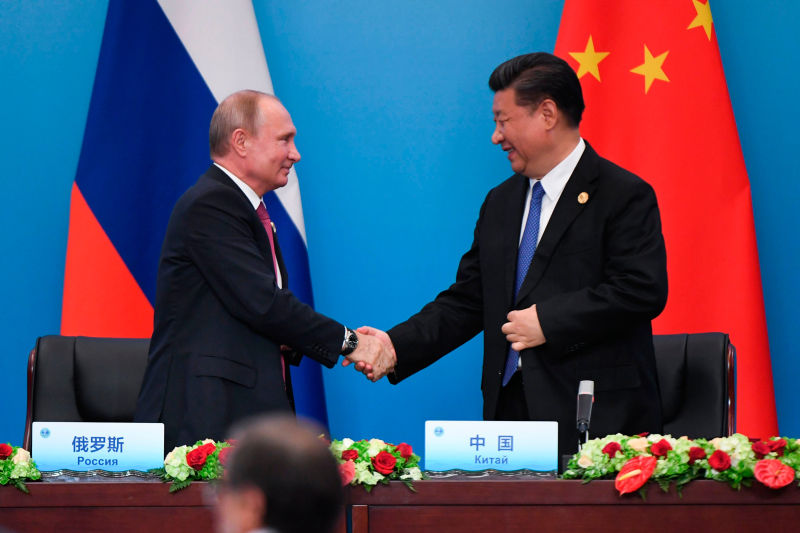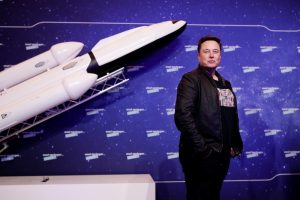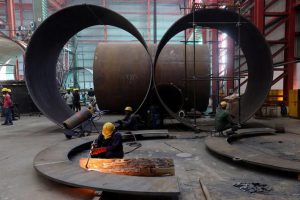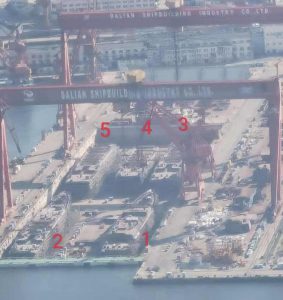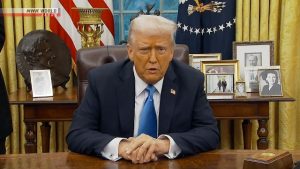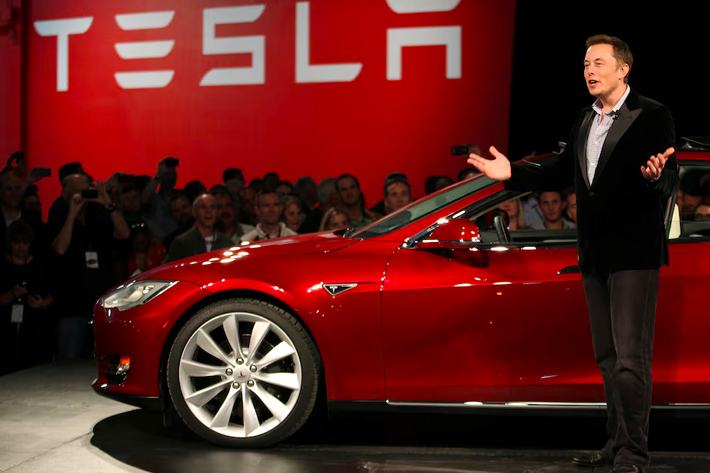Meeting on the sidelines of the Beijing Olympics, China’s President Xi Jinping and Russian President Vladimir Putin announced a new strategic relationship to counter US global influence.
In a joint statement, the two countries portrayed the new relationship as superior to the political and military alliances of the Cold War era.
“Friendship between the two States has no limits, there are no ‘forbidden’ areas of cooperation,” they declared, announcing plans to collaborate in a host of areas including space, climate change, artificial intelligence and control of the Internet.
Technology and energy
The statement said Russia and China will strengthen cooperation in artificial intelligence and information security, adding that “any attempts to limit their sovereign right to regulate national segments of the Internet and ensure their security are unacceptable.”
Russian state energy giants Gazprom and Rosneft also inked new gas and oil supply deals with Beijing worth tens of billions of dollars.
The deals help Putin’s drive to diversify Russian energy exports away from the West, an effort he started shortly after coming to power in 1999 and which has seen Russia become China’s top energy supplier.
The Chinese gas supplies do not necessarily impact Russian gas exports to Europe, but do give Putin an alternative market and an additional revenue source should Europe reduce or seek to eliminate its reliance on Russian supplies.
For China, the deal helps slake its growing thirst for natural gas, imports of which climbed 20% in 2021 – and also ease China’s reliance on Western countries.
Trade publication Natural Gas Intelligence points to US Energy Information Administration statistics which show China surpassed Japan as the world’s largest LNG importer in the first ten months of 2021, climbing 24% over the same period in 2020.
Australia is still China’s largest natural gas supplier at 39.3% of the country’s total LNG imports – although down from 43.3% in 2020. But, LNG imports from the US jumped 187.4% to account for some 11.6% of China’s total LNG imports in 2021, up from just 4.8% in 2020.
The Kremlin said the presidents also discussed the need to broaden trade in national currencies because of unpredictability surrounding the use of the dollar given US statements that it will seek to cut off Russia from the ability to trade in dollars as one of the many sanctions it will impose if Russia invades Ukraine.
Assertive Statement
The agreement marked the most detailed and assertive statement of Russian and Chinese resolve to work together – and against the United States – to build a new international order based on their own interpretations of human rights and democracy.
Steeped in ideological discourse, it was not clear whether it would immediately translate into an increase in tangible and practical cooperation despite Putin trumpeting a new gas deal with China on Friday, or was intended as more of a statement of general policy intent.
“The two leaders are announcing their determination to stand together and to stand against the US and the West — ready to withstand sanctions and contest American global leadership,” said Daniel Russel of the Asia Society, who served as the US State Department’s top diplomat for East Asia under the Obama administration.
While not formally allied, the two “are making common cause as a tactical matter to better defend their respective interests and their authoritarian systems from Western pressure,” he said.
‘Historic’, Symbolic
Jonathan Eyal of the London-based Royal United Services Institute said the declaration marked a “frontal rebuttal” of the US and Western view of the world and a possible building block towards a military alliance.
“It’s the most explicit articulation of the ‘making the world safe for dictatorship’ strategy,” he said. “It is a historic point because they both feel cornered and they feel their moment has arrived to state their vision of the world and promote it aggressively.”
The timing was highly symbolic, at a China-hosted Olympics that the United States has subjected to a diplomatic boycott. There was no immediate comment from the White House or State Department.
In the lengthy document – nearly 5,400 words in English translation – each country went significantly further than before in backing the other on key flashpoints of tension with the West.
- Russia stated it believes Taiwan is an inalienable part of China, and opposes any form of independence for the island;
- Moscow and Beijing voiced opposition to the AUKUS alliance between Australia, Britain and the US, asserting it increases the danger of an arms race in the region;
- China called for an end to NATO enlargement and supported Russia’s demands for security guarantees from the West – issues at the heart of Moscow’s confrontation with the US and its allies over Ukraine;
- The two also expressed concern about “the advancement of US plans to develop global missile defence and deploy its elements in various regions of the world, combined with capacity building of high-precision non-nuclear weapons for disarming strikes and other strategic objectives”;
Without naming Washington, they also criticized attempts by “certain states” to establish global hegemony, fan confrontation and impose their own standards of democracy.
- Reuters, with additional editing by Neal McGrath
READ MORE:
Putin Stresses China Business Ties in Pre-Visit Statement
Bitcoin Tumbles to 5-Month Low on Russia Fears, Inflation
Ukraine Freezes ArcelorMittal Bank Accounts in Tax Row




